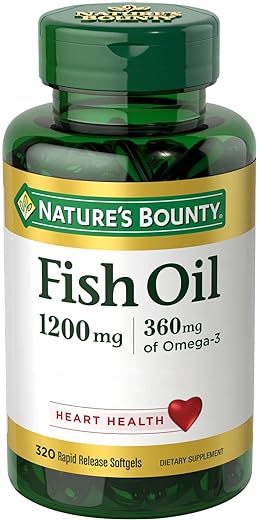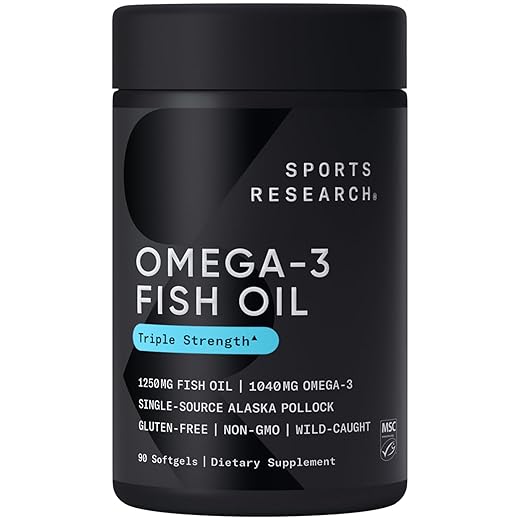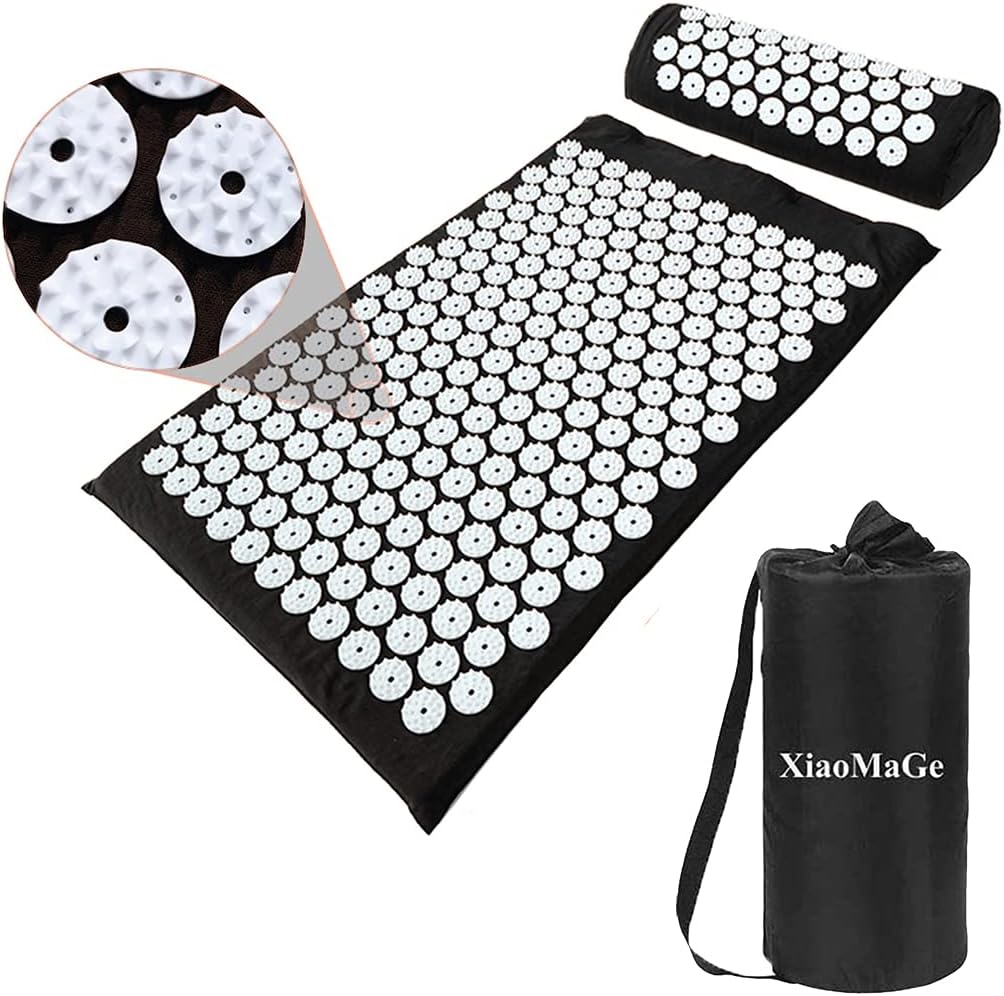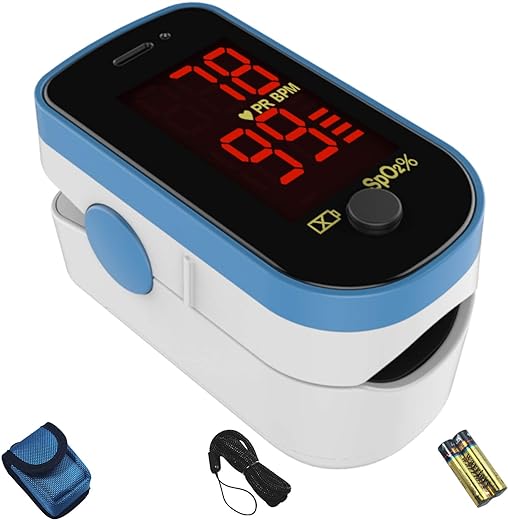This step-by-step guide provides a comprehensive explanation on how to determine the correct dosage of omega 3 fish oil in order to reap its numerous health benefits effectively. The use of omega 3 fish oil as a supplement is known for its positive impacts on heart health, brain function, and reducing inflammation, making it a sought-after alternative for maintaining overall wellbeing. By following the instructions in this guide, individuals can determine the ideal dosage tailored to their specific needs and optimize the potential advantages of incorporating omega 3 fish oil into their daily routine.
Top Picks for Omega 3 Supplements
Understand Omega-3 Fatty Acids
- Identify Omega-3 Types: Research EPA and DHA omega-3 fatty acids to know their benefits. For instance, EPA supports heart health, while DHA boosts brain function.
- Understand Daily Intake: Study the recommended daily intake of omega-3s for adults. An example is that the American Heart Association advises at least two servings of fatty fish per week to meet this requirement.
Consult a Healthcare Professional
- Seek Consultation: Before initiating a new supplement routine, schedule an appointment with a healthcare provider.
- Receive Personalized Guidance: Understand that healthcare professionals can offer tailored recommendations based on your specific health conditions and current medication.
Consider Your Health Goals
Identify Your Health Goals:
Identify your health goals for taking omega-3 fish oil. Depending on whether you want to improve heart health, enhance cognitive function, or manage inflammation, your goals will impact the dosage you require.
For example, if your goal is to improve heart health, aim for a daily dose of 1000-2000mg of omega-3 fatty acids (EPA and DHA). If boosting cognitive function is your priority, consider a higher amount, around 1000-2000mg of DHA specifically. Lastly, if managing inflammation is key for you, try a dose of 1000-3000mg of combined EPA and DHA per day. Remember to consult with a healthcare provider before making any changes to your supplementation routine.
Check the Product Label
- Read label for concentration:Read the product label of your omega-3 fish oil supplement. Look for the amount of EPA and DHA per serving. (e.g. EPA 650mg, DHA 350mg per serving).
- Calculate total omega-3:Calculate the total omega-3 fatty acids by adding up the quantities of EPA and DHA per serving. (e.g. Total omega-3 = EPA (650mg) + DHA (350mg) = 1000mg).
- Determine consumption amount:Once you calculate the total omega-3 amount per serving, you’ll know how much you will consume with each serving of your fish oil supplement. Adjust serving sizes if needed based on the recommended daily intake.
Start with a Low Dosage
- Start with a low dosage of omega-3 fish oil.
- Increase the dosage gradually over time.
- Allow your body to adjust and monitor for any side effects.
Monitor Your Response
- Track your body’s reaction following a dosage of omega-3 fish oil. Note any changes related to your health objectives, closely monitoring for signs of improvement or setbacks.
- Examples: Observe changes in skin condition if your goal is to enhance skin health. Monitor cognitive function for any improvements, such as increased focus or memory retention.
- Remain vigilant for any adverse effects that may occur post-consumption, such as stomach upset, a fishy aftertaste, or allergic reactions.
Take the time to attentively witness your body’s response to omega-3 fish oil intake, and adjust accordingly for optimal results and well-being.
Adjust Dosage as Needed
Based on your health goals and body’s response, adjust the dosage of omega-3 fish oil as needed.Consult with your healthcare provider if you are unsure about the appropriate dosage.
- Example 1: If experiencing joint pain, increase the dosage by 500mg for better inflammation relief.
- Example 2: For heart health, consider adding an extra softgel if not noticing improvements.
- Example 3: Feeling anxious? Try lowering the dosage by half to see if that helps calm your nerves.
Consider Other Sources of Omega-3s
- Incorporate various food sources rich in omega-3s into your diet to enhance your overall health, like fatty fish, flaxseeds, and walnuts.
- Ensure your omega-3 intake supports your health objectives by balancing dietary sources and supplements according to your individual needs.
- Experiment with recipes incorporating these omega-3 rich foods into your meals, such as grilled salmon with flaxseed sprinkle or a walnut-encrusted tofu stir-fry.
Regularly Reevaluate Your Dosage
- Monitor your omega-3 fish oil dosage regularly to guarantee it meets your health objectives.
- Evaluate for any necessary adjustments as your diet, daily habits, or health status may affect the required dosage.
Seek Professional Guidance
- Contact a registered dietitian in your area for expertise custom-tailored to your individual needs—a dietitian can provide recommendations based on your specific health conditions or dietary requirements.
- Visit your healthcare provider specialized in nutrition to discuss your omega-3 fish oil needs—book an appointment to have a thorough consultation on the appropriate dosage and supplementation for your health goals.
Optimal Dosage Recommendations Given
In conclusion, finding the right dosage of omega-3 fish oil is crucial for reaping its benefits. By considering your health objectives, observing your body’s reactions, and seeking expert advice if needed, you can tailor your intake to suit your individual needs. Remember, a personalized approach is key to maximizing the advantages of omega-3 fatty acids for your overall well-being.
Essential Supplies Needed
Optimal Dosage Recommendations
Maximize the Benefits of Omega 3 Fish Oil with These Proven Tips
- Start by taking one capsule per day with a meal to minimize potential digestive disturbances
- Consistently incorporate omega-3 fish oil supplements into your daily routine for optimal results
- Gradually increase your intake over time as recommended by a healthcare professional or the product instructions
- Pay attention to any changes in your body and overall health while using omega-3 fish oil to assess its benefits for you
- If you have any medical conditions or concerns, consult a healthcare provider before starting to use omega-3 fish oil supplements
Answers About Omega-3 Fish Oil
What effects does omega-3 fish oil have on skin health and overall appearance?
Omega-3 fish oil has been shown to have numerous benefits for skin health and overall appearance. It can help hydrate the skin, reduce inflammation, protect against sun damage, and promote overall skin elasticity. Additionally, omega-3 fish oil supplements may also help address skin conditions such as acne, eczema, and psoriasis. By incorporating omega-3 fish oil into their diet, individuals can enhance their skin’s appearance and maintain its health.
Are there specific dietary recommendations to enhance the efficacy of omega-3 fish oil?
Yes, there are specific dietary recommendations that can help enhance the efficacy of omega-3 fish oil. Consuming a diet rich in healthy fats like avocados, nuts, seeds, and olive oil can complement the benefits of omega-3 fish oil. Additionally, incorporating foods high in antioxidants such as fruits and vegetables can help reduce inflammation in the body and support the effectiveness of omega-3 fish oil. It is important to maintain a balanced and nutritious diet for optimal results when taking omega-3 supplements.
Can omega-3 fish oil help with inflammation and joint health?
Yes, omega-3 fish oil can help with inflammation and joint health. Research has shown that the omega-3 fatty acids found in fish oil, particularly EPA and DHA, have anti-inflammatory properties that can help reduce joint pain and stiffness in conditions like arthritis. Additionally, omega-3 fatty acids support overall joint health by promoting proper lubrication and reducing swelling. It is advisable to consult with a healthcare professional before incorporating omega-3 fish oil supplements into your diet to determine the right dosage and ensure it is safe for your individual health needs.
What are the main health benefits of taking omega-3 fish oil supplements?
Omega-3 fish oil supplements offer several health benefits due to their high levels of omega-3 fatty acids. These supplements have been shown to support heart health by reducing the risk of heart disease, lowering triglyceride levels, and helping to regulate blood pressure. Furthermore, omega-3 fish oil can also reduce inflammation in the body, which may alleviate symptoms of arthritis and improve joint health. Additionally, omega-3 fatty acids are crucial for brain function and development, potentially aiding in cognitive function and reducing the risk of neurodegenerative diseases. Overall, incorporating omega-3 fish oil supplements into a healthy lifestyle can have positive effects on various aspects of health and well-being.
Are there guidelines for choosing a high-quality omega-3 fish oil supplement?
Yes, there are guidelines to help choose a high-quality omega-3 fish oil supplement. Some factors to consider include the amount and concentration of EPA and DHA (the beneficial fatty acids in fish oil), whether the supplement is purified to remove contaminants like mercury and PCBs, if it is sourced from wild-caught small fish that are lower in toxins, and the overall quality and transparency of the brand. It’s recommended to look for third-party testing and certifications to ensure the quality and purity of the supplement.
How long does it typically take to see the effects of omega-3 fish oil supplementation?
It typically takes around 2-3 weeks of consistent omega-3 fish oil supplementation to begin to see noticeable effects. However, for full benefits, it is recommended to continue taking omega-3 fish oil regularly for at least 8-12 weeks. Remember, consistency is key when it comes to reaping the benefits of omega-3 fish oil.
Can children and adolescents benefit from taking omega-3 fish oil supplements?
Yes, children and adolescents can benefit from taking omega-3 fish oil supplements. Omega-3 fatty acids, like those found in fish oil, are important for the brain and overall health. Research has shown that these supplements can help improve cognitive health, reduce inflammation, support heart health, and even have a positive impact on mood and behavior. It’s always best to consult with a healthcare provider before adding any supplements to a child’s or adolescent’s diet to ensure it is appropriate for their individual needs.
How sustainable are fish oil sources for omega-3 production, and are there alternative sources available?
Fish oil as a source of omega-3 is commonly at risk of unsustainable practices due to overfishing and potential harm to marine ecosystems. Sustainable alternatives for omega-3 production include plant-based sources like algae oil, flaxseed oil, chia seeds, and walnuts. These alternatives offer a more sustainable option compared to fish oil, which helps reduce the pressure on fish populations and the health of our oceans. It is important to consider these sustainable alternatives to help protect our environment and ensure continued access to omega-3 fatty acids.

















I found that starting with a lower dosage and gradually increasing it helped me avoid any digestive issues that some people experience with fish oil supplements. It’s important to be patient and let your body adjust to the new supplement.
Could you recommend a specific brand of omega-3 fish oil that is known for its quality and purity? I want to make sure I’m getting a reliable product.
We can’t endorse specific brands, but look for products that are third-party tested for purity and quality. Some reputable brands include Nordic Naturals, Carlson, and Viva Naturals. Remember to always check the product label for important information.
I’ve always wondered if it’s better to get omega-3s from fish oil supplements or from whole foods like fish. Any thoughts on which is more effective?
That’s a great question! Both fish oil supplements and whole foods like fish can be good sources of omega-3s. It often depends on individual preferences and dietary habits. Consulting a healthcare professional can help you determine the best option for your health goals.
I appreciate the emphasis on seeking professional guidance throughout the process. It’s reassuring to know that healthcare professionals can provide personalized recommendations based on individual needs and health conditions.
Absolutely! Healthcare professionals can offer valuable insights tailored to your specific health goals and concerns. Regular consultations can help ensure you’re on the right track with your omega-3 supplementation.
I’d love to learn more about how omega-3 fish oil supplements can benefit cognitive health. Could you explore this topic in a future article? I think many readers would find it interesting.
Thank you for the suggestion! Exploring the impact of omega-3 fish oil on cognitive health is definitely a valuable topic to cover. Stay tuned for future articles where we delve into this area in more detail.